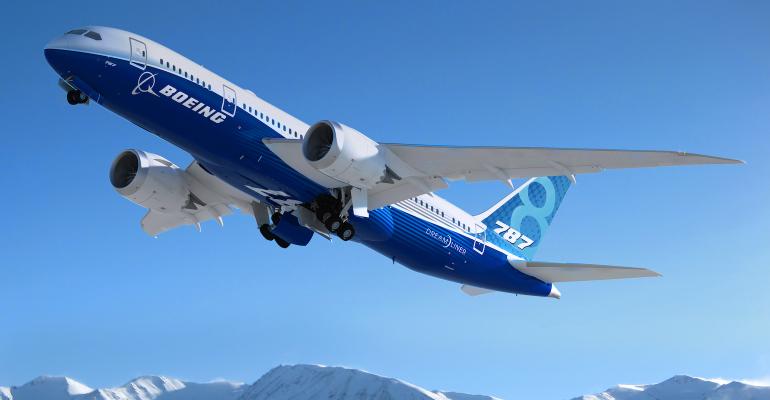Toray Corporation has developed a new technology for high-speed thermal welding of carbon fiber reinforced thermoplastics (CFRP). The technology will reportedly allow for more efficient and lighter production of CFRP aircraft fuselages. The company intends to advance demonstration work with a view to commercialization after 2030 and further expand the application of CFRP.

According to Toray, global aircraft demand, which has stalled during the COVID-19 pandemic, may recover by 2025. Demand for next-generation aircraft with 120 to 240 seats should be strong from 2030 onwards. Thermoset CFRP is the primary structural material for aircraft main frames because of its long life and high reliability.
The disadvantage is that CFRP’s complicated glue bonding and bolt fastening process has become an assembly bottleneck. The production time using CFRP material lags considerably behind the production time of the aluminum alloy airframe. High-speed production and light weight, which help improve fuel efficiency, are particularly important to capture the huge demand of the future.
To this end, Toray has developed a thermal welding technology that can quickly and firmly bond thermoset CFRP parts of aircraft. This simple bonding method uses patented technology to form a heat-melt weld layer on the surface of thermoset CFRP, which instantly heats the surface of the part and bonds it. This technology eliminates the need for adhesive bonding and bolting, enabling high-speed assembly of thermoset and thermoplastic CFRP parts.
Using this technology on thermoset CFRP with a heat-melt welded layer has the same mechanical properties as CFRP for current aircraft models. Toray confirmed that the connection strength of the heat-welded structure is equivalent to that of the co-cured CFRP structure of the current aircraft model, ensuring the reliability of the bonding technology in practical applications.
The company assembled a demonstrator at high speed using heat-weldable thermoset CFRP parts that simulated various structural elements of an aircraft. So as to determine its basic technical concept. As far as high-speed production is concerned, Toray’s technology for producing aircraft frames should be able to match the production speed of aluminum alloy fuselages or faster.
The CFRP airframe using Toray’s technology can reduce CO2 emissions throughout its life cycle compared to aluminum alloy airframes. Reducing the weight of bolted fasteners reduces airframe weight and further reduces these emissions.
In cooperation with Boeing, Toray has advanced a series of technology development projects in the fields of aircraft manufacturing and materials technology. “Development of new innovative composite materials and molding technologies supported by the New Energy and Industrial Technology Development Organization (NEDO)
“The results achieved in the project helped Toray advance this development work.



 微信扫一扫打赏
微信扫一扫打赏
